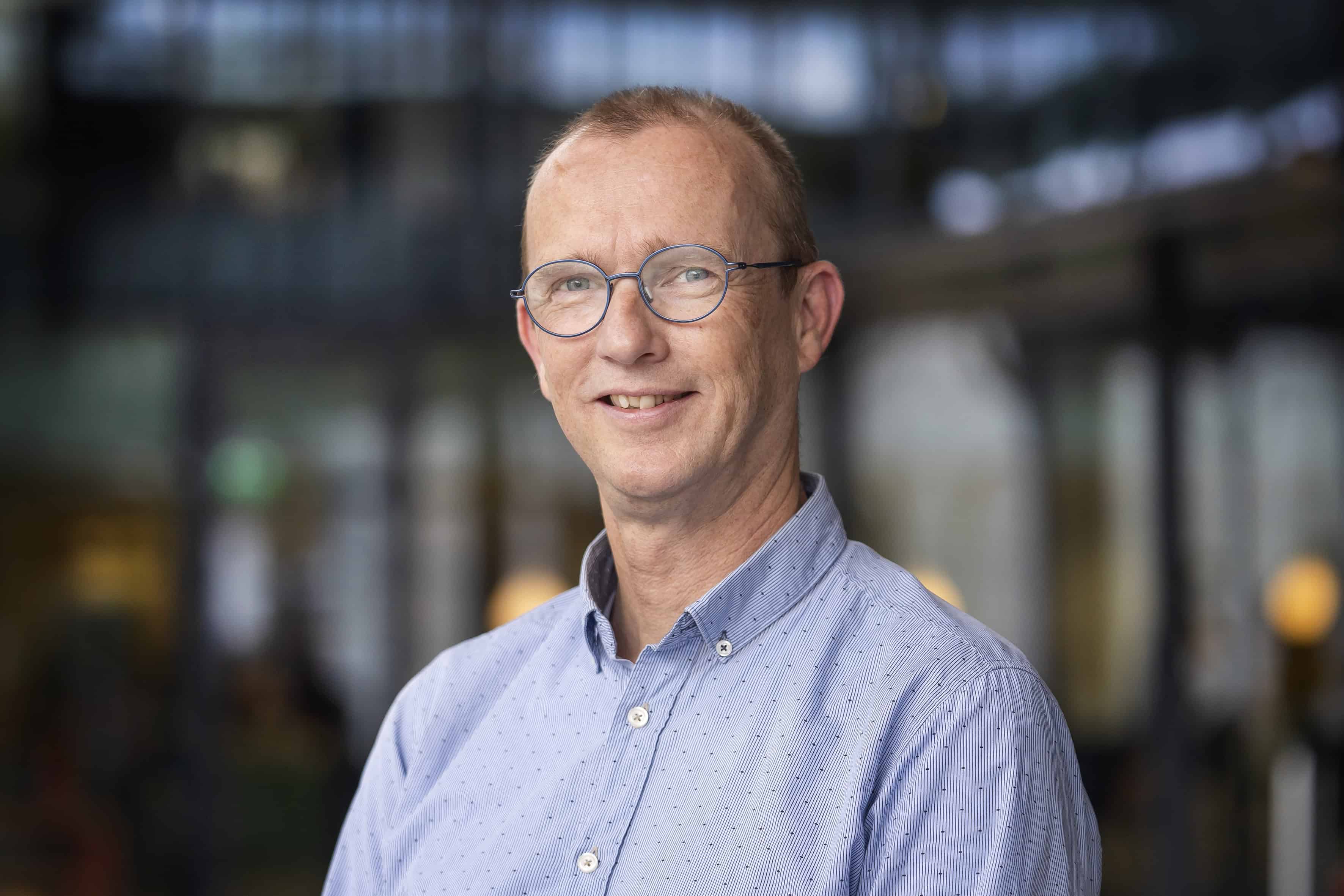
The Dutch Research Council (NWO) will fund research on new radiation therapy techniques with over €1 million. The research team, including scientists from Erasmus Medical Center Cancer Institute, TU Delft, and Lausanne University Hospital, will look into very high electron energy radiotherapy (VHEE).
VHEE is an emerging treatment modality for cancer patients. It can potentially result in a paradigm shift in radiotherapy, as it can result in substantial reductions in treatment-induced side effects and options to enhance cure rates. In this project, researchers develop a flexible, versatile, and computationally efficient VHEE optimization platform to investigate and optimize the clinical benefit of VHEE for various cancer indications and develop guidelines for an optimal treatment machine design.
New therapy option
The team will investigate how VHEE can be best utilized, which tumor groups it is most effective for, and the technical requirements for the yet-to-be-built radiation devices. The research leaders are Dr. Ir. Sebastiaan Breedveld from the Erasmus MC Cancer Institute, Dr. Danny Lathouwers from TU Delft, and Dr. Till Böhlen from the Lausanne University Hospital.
Radiation of tumors using very high-energy electrons is a potential new form of radiation therapy for cancer patients. Compared to conventional radiation therapy with photons, this technique can substantially reduce side effects.

“This is because, with very high energy electrons, it is possible to deliver a high dose to the tumor while administering a low dose just outside the tumor, in the healthy tissue. Additionally, it may be possible to curatively irradiate tumors that are difficult to treat, such as those located near a nerve,” explains Breedveld.
Furthermore, with electrons, it is possible to deliver the dose in a very short time. “Besides significantly shortening the treatment time, this allows for so-called FLASH radiation therapy, which potentially causes even less damage to healthy tissue compared to longer radiation times.”

